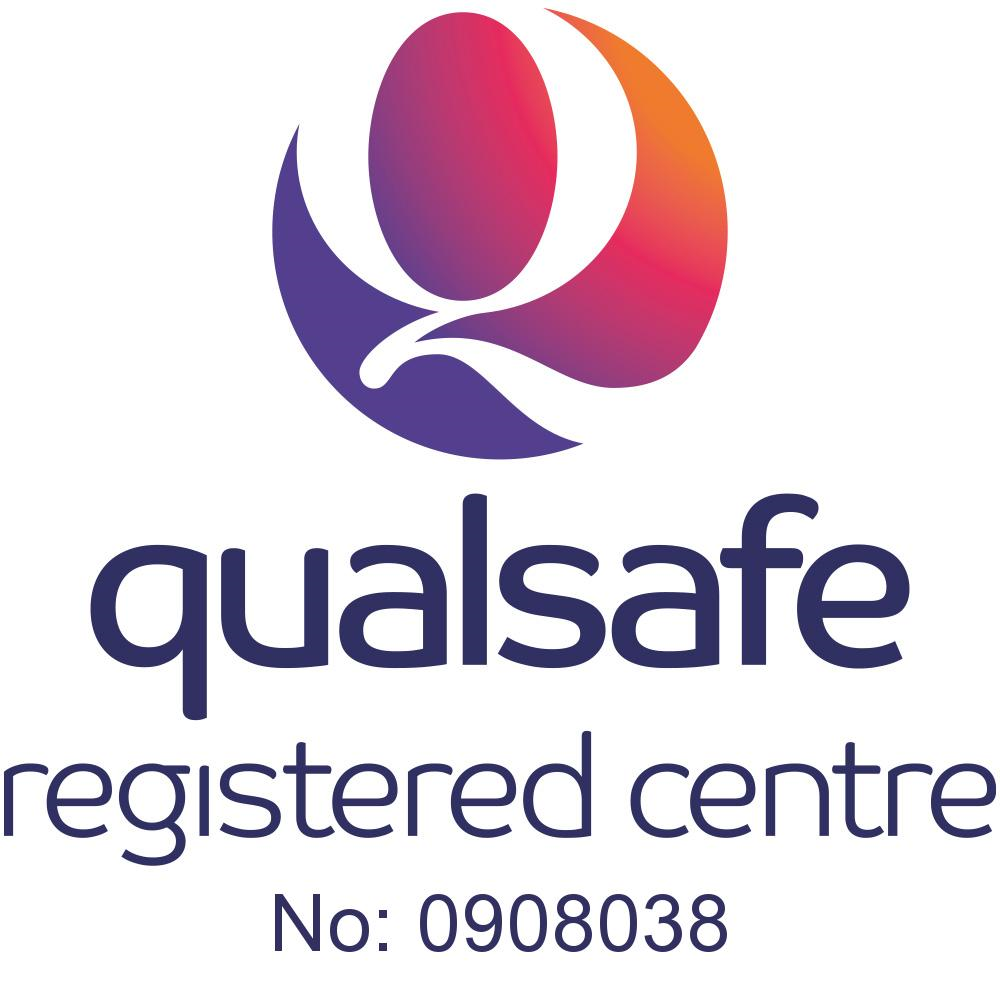Trauma Informed Care (TIE)
Learning Outcomes
- Gain a clear understanding of what Trauma-Informed Care (TIC) involves and why it is essential in health and social care settings.
- Recognise how trauma-informed approaches can be integrated into day-to-day practice to support individuals with compassion and understanding.
- Develop awareness of the various types of trauma, including both childhood and adult experiences, and how these may present in behaviour and communication.
- Understand the short- and long-term impact of trauma on emotional, psychological, and physical wellbeing.
- Explore practical methods for monitoring trauma-related challenges and implementing strategies to reduce their impact on care delivery.
- Learn how to contribute to safer, more supportive care environments through effective support planning and risk-aware practices.
- Reflect on the importance of self-care for both staff and service users to maintain resilience, emotional balance, and professional wellbeing.
Aim
The aim of this course is to provide frontline care staff with the knowledge, insight, and practical tools to recognise the signs of trauma and respond with compassion and understanding. Whether the trauma occurred in childhood or adulthood, the training helps staff embed trauma-informed principles into everyday care practice—reducing re-traumatisation and promoting healing, safety, and trust in those they support.
Why Customers would Benefit from the Trauma Informed Care Training Course?
This course is essential for any organisation supporting individuals who may have experienced trauma, abuse, neglect, or adverse life events—particularly within residential care, supported living, or mental health services. The training empowers staff to identify trauma responses and adjust their approach to avoid re-triggering or escalating behaviours. It supports a shift from asking “What’s wrong with you?” to “What happened to you?”—helping staff respond with empathy, patience, and professionalism. Trauma-informed care strengthens emotional safety, builds trust, and promotes recovery, while also aligning with CQC expectations around person-centred and responsive care.

Key Benefits for Customers:
Promotes Safer, More Compassionate Care
Reduces re-traumatisation and improves emotional safety
Improves Behavioural Responses
Helps staff de-escalate and understand behaviours in context
Supports Staff Resilience
Reduces burnout by promoting reflective practice and self-care
CQC Compliance
Aligns with KLOEs around dignity, safeguarding, and responsiveness
Builds Trusting Relationships
Enhances client engagement and long-term outcomes
Strengthens Organisational Culture
Fosters empathy, respect, and emotional intelligence in teams
Applies to All Care Settings
Relevant to mental health, learning disability, substance misuse, and general care services
Let’s Talk About Your Training Needs
Our friendly team is ready to help you build the right training solution for your care setting.
Trauma Informed Care (TIE)
Course
Trauma Informed Care (TIE)
Level
2
Practical
No
Duration
2-3 Hours
Certificate Length
2 Years
Number of Delegates
12
What Our Customers Say About Us

Registered Manager
Residential Care Home

Domiciliary Care Provider
Residential Care Home


